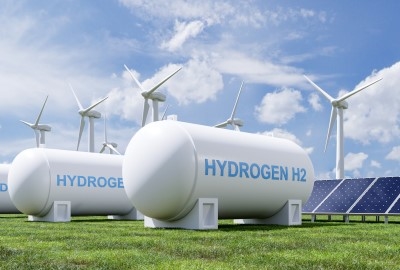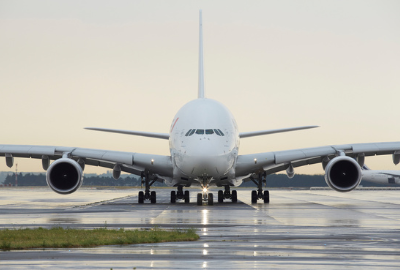Boeing expert: no hydrogen-powered commercial flights before 2050
It will be a tough challenge to make hydrogen-powered commercial aviation take off before 2050, says Christopher Raymond, Chief Sustainability Officer at Boeing, in an article in Fortune magazine. These are his reasons behind his skepticism.

Achieving net zero emissions by 2050 requires rethinking the energy sources that power airplanes. Currently, 80% of emissions come from flights over 1,000 miles, making it difficult to find a renewable energy source with the same energy density and volumetric efficiency as fossil fuels. While new batteries can enable electric aircraft for short-haul travel, they weigh too much for longer flights.
Hydrogen-powered long-haul planes face several challenges, including loading the cryogenic fuel into aircraft, storing it, and ensuring its safety as well as practicality. “Planes will have to be redesigned since hydrogen requires more space, as well as cryogenic conditions. Hydrogen takes up to four times the volume as jet fuel.”
Also, the production of hydrogen often emits carbon, requiring a wholesale transformation of the energy industry to ensure enough green hydrogen.
It is also arithmetically impossible to replace the world's fleets with hydrogen-powered planes by 2050. The aviation industry must first focus on developing and scaling sustainable aviation fuels (SAF) and consider hydrogen propulsion technologies for the long-term future.
As Christopher Raymond explains in Fortune: “The world must scale sustainable aviation fuels that can be dropped into existing aircraft today, while exploring decarbonized propulsion technologies like hydrogen and electricity that can make an impact in the second half of the century.”


